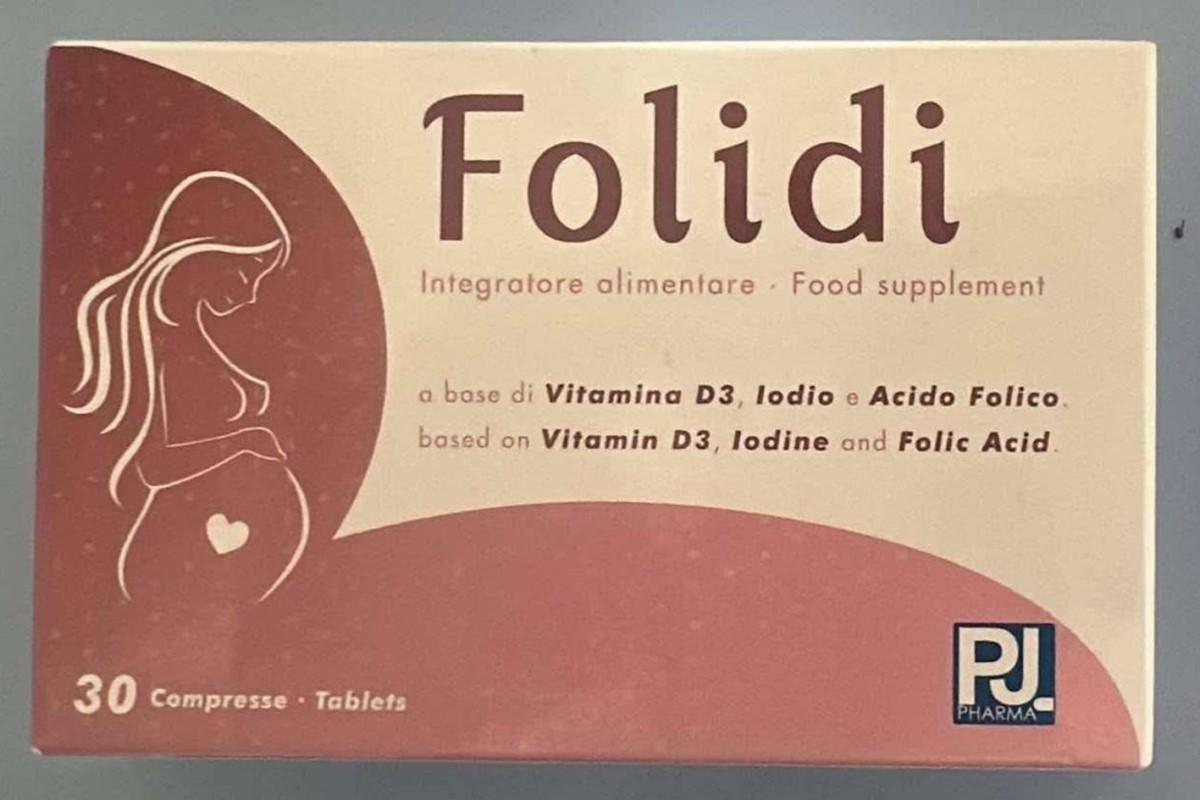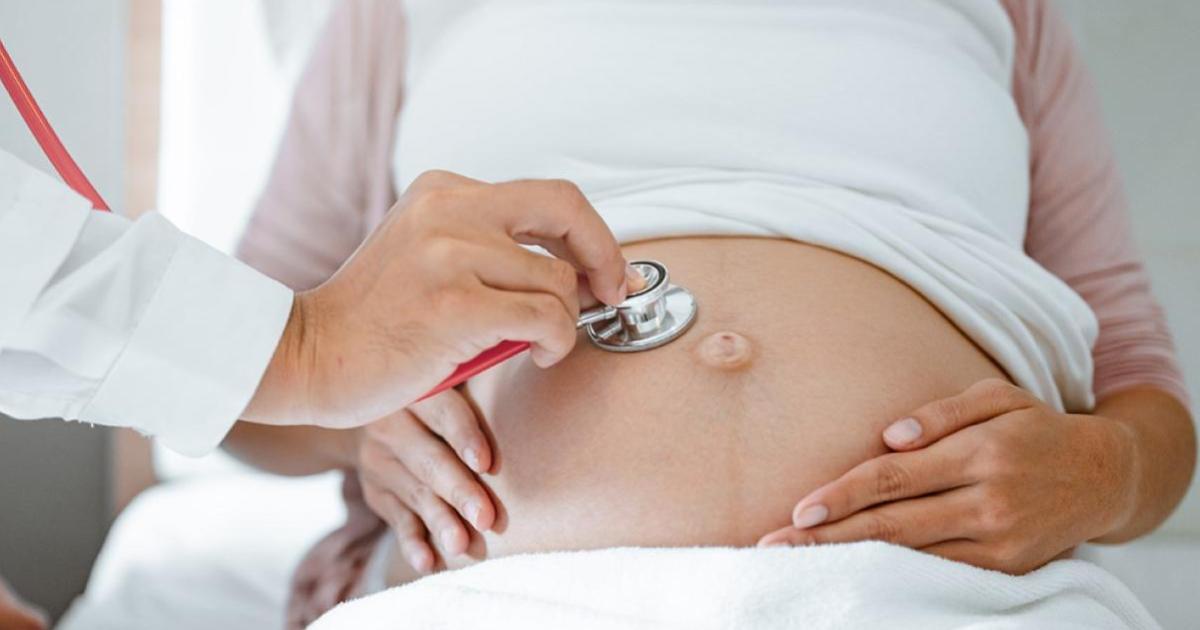The number of women treated for taking Folidi – the pregnancy supplement with dangerously high levels of vitamin D – has increased to 40, 16 of whom are pregnant, the Health Ministry said.
“Health authorities are monitoring 40 individuals who took the supplement Folidi. Fifteen were hospitalised at some point, and one remains in hospital. Among the 16 pregnant patients, five required hospital care, and 11 are being followed up in the community,” the ministry said.
Asked if there had been any miscarriages, the spokesperson said: “No full-term births or miscarriages caused by Folidi have been reported to date… The Malta National Poisons Centre is coordinating risk assessments and follow-ups. Blood tests are being conducted via health centres, GPs and gynaecologists, with monitoring continuing until vitamin D levels normalise. Pregnant patients will be followed post-delivery.”
But one woman, who was hospitalised for two weeks after taking Folidi on her gynaecologist’s prescription, told Times of Malta that she had miscarried her baby. She was in her first trimester and got pregnant following IVF. She said that hospital staff did not pin this on Folidi and told her it was “due to abnormalities”.
But she is not convinced: “Without testing, how do they actually know? If my body hadn’t been on Folidi, I would have been healthy to carry the baby.”
Medical sources said that high levels of Vitamin D are not deemed harmful to a foetus. But these levels were unprecedented.
Folidi – a supplement containing vitamin D3, iodine and folic acid – was urgently recalled due to “potentially dangerous” amounts of vitamin D – over 200 times more than the indicated amount. Third-party testing found folic acid and iodine levels within safe limits.
Excessive vitamin D increases calcium absorption from the intestines, potentially leading to hypercalcaemia (high calcium levels in the blood), which can cause kidney and heart problems.
The recall came after urgent communication from the Italian manufacturer, Gruppo Farmaimpresa. The local distributor is Focused Pharma.
When contacted, a spokesperson for Gruppo Farmaimpresa blamed the issue on a supplier and said it was limited to one batch, affecting Malta only. Folidi has been available on the Maltese market since November 2024.
The company said it had notified Italian health authorities and was working to identify responsibilities.
Some of the women impacted, numbering 10 until last week, were also considering taking legal action
Meanwhile, Malta’s health ministry said it was gathering information and seeking legal advice to ensure that all necessary action is taken in accordance with regulatory and legal requirements. Some of the women impacted, numbering 10 until last week, were also considering taking legal action.
Food Safety Commission still silent
Food supplements are considered to be food products. They are not medicinal. This places the responsibility for monitoring on the Food Safety Commission.
According to law, companies must notify the commission when placing a supplement on the market to “permit efficient official monitoring”, and the rules include upper limits for specific vitamins and nutrients – including Vitamin D. However, they do not explicitly require product testing.
Questions sent a week ago to the Ministry for Agriculture, Fisheries and Animal Rights – under which the Food Safety Commission falls – remained unanswered at the time of writing.
 Only one batch of the supplement had the problem, and affected only Malta.
Only one batch of the supplement had the problem, and affected only Malta.
The health authorities said they are working with the Food Safety Commission. A full recall of the product was carried out, with pharmacy inspections confirming removal from circulation.
Mary Ann Sant Fournier, president of the Chamber of Pharmacists, reiterated that supplements are not medicinal products even though they are often found in pharmacies.
“The general public and health care professionals should be aware that food supplements, though not medicinal products, should be treated with respect and not consumed indiscriminately. Pharmacists ensure the safety of the public by sourcing food supplements from reputable wholesale dealers, who in turn do likewise in representing reputable manufacturers. Regrettably, while today’s quality assurance methodologies are in place at every stage, such incidents, though rare, do occur,” she said.
She noted that the Folidi case showed that there is a safety net. But the safety net is not foolproof, as, by the time of public notification, which is usually triggered by a pharmacovigilance process from users or healthcare professionals, the product may already have been consumed by some, including, for example, pregnant women, as per media reports.
“It is up to the regulator and the industry to ensure that a risk assessment exercise is carried out to identify the root cause and ensure that such an incident is not repeated,” she said.
